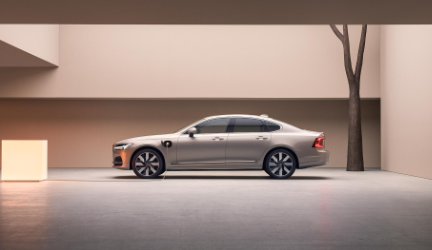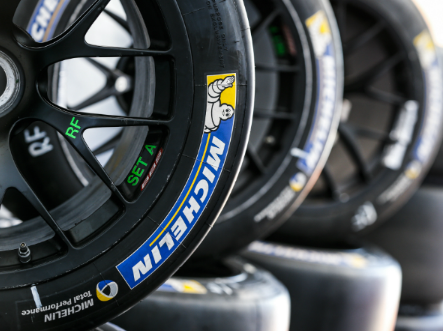Factors That Contribute to Fuel Efficiency
Several elements determine a car's fuel - efficiency level:
Engine Technology: Advanced engine designs, such as direct injection and turbocharging, optimize fuel combustion, resulting in better mileage.
Aerodynamic Design: Cars with streamlined bodies experience less air resistance, allowing them to move more efficiently and consume less fuel.
Lightweight Materials: Using lightweight materials like aluminum and carbon fiber reduces the vehicle's weight, which in turn decreases the energy needed to move it.
Hybrid and Electric Systems: Hybrid vehicles combine an internal combustion engine with an electric motor, while electric cars run solely on electricity, both offering excellent fuel - efficiency options.
Tire Quality: Low - rolling - resistance tires reduce the energy loss as the tires roll, improving overall fuel economy.
A Glimpse into Today's Top - Notch Fuel - Efficient Cars
If you're in the market for a new car and fuel efficiency is a priority, there are some great options available.
Toyota Prius
The Toyota Prius is the poster child for fuel - efficient vehicles. Its hybrid system has been refined over the years, making it a leader in its class. The Prius's ability to switch seamlessly between the gasoline engine and electric motor maximizes fuel economy. With its unique design and proven technology, it has become a favorite among eco - conscious drivers.




